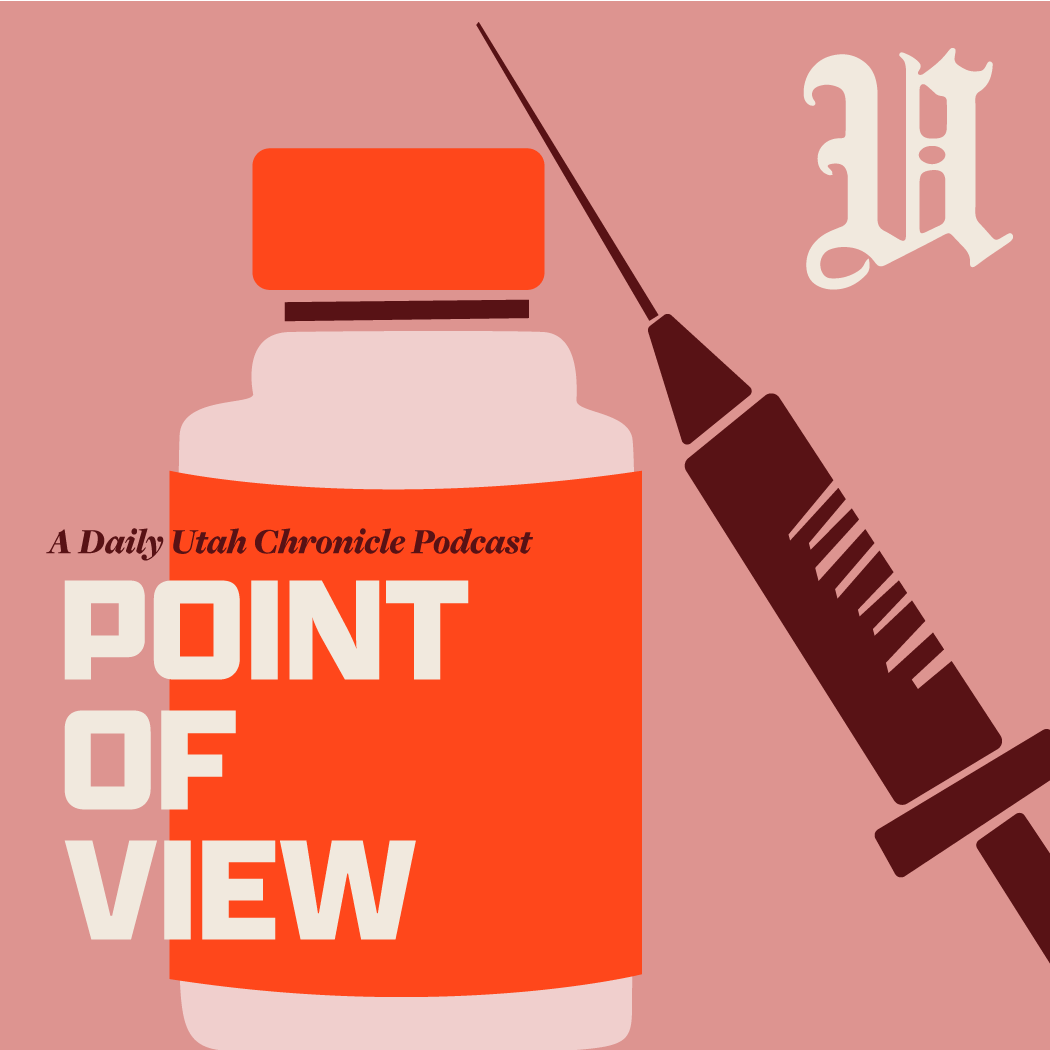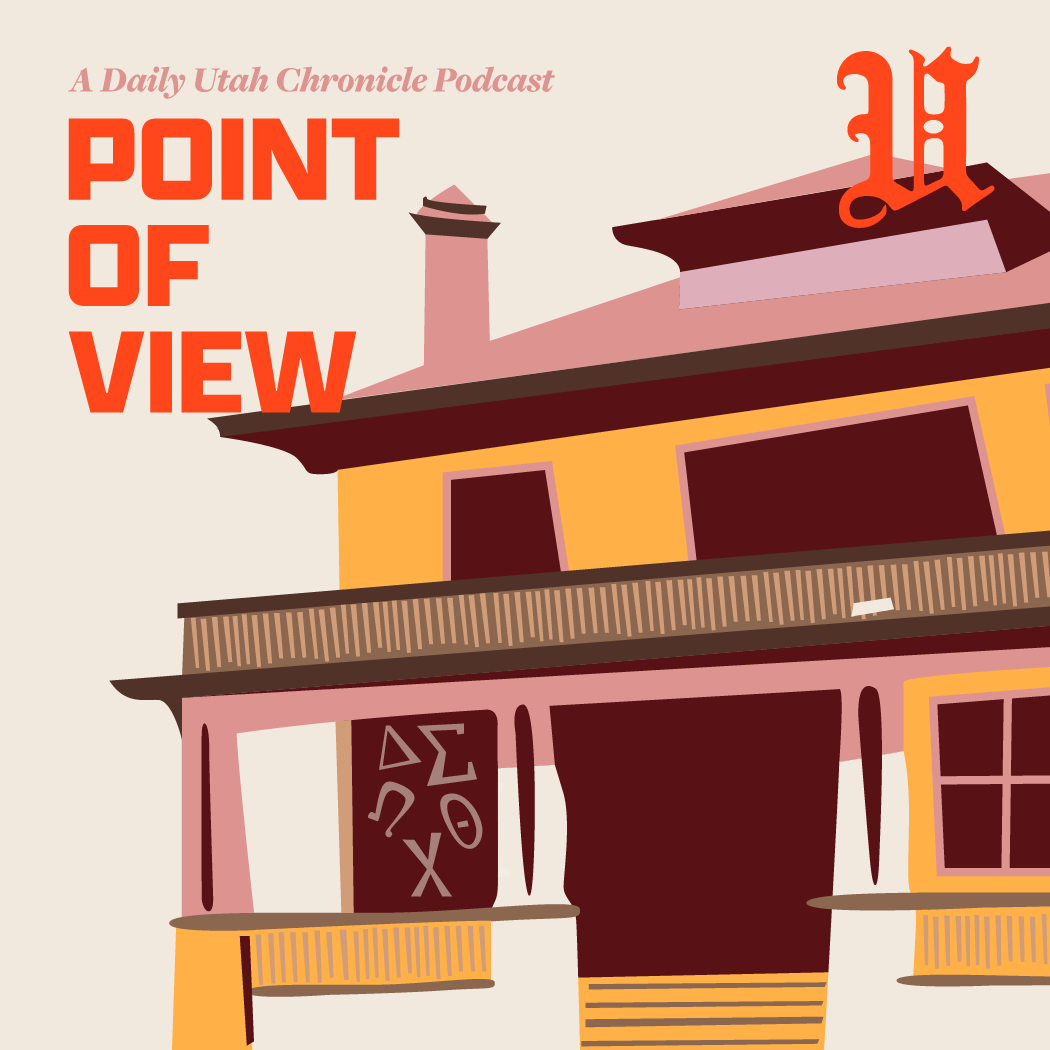Peanut butter recalls have swept the nation in the wake of nine reported deaths and hundreds who became ill from salmonella, including at least five cases in Utah.
The Food and Drug Administration has proven itself unable to provide consumers with food free from lethal contaminates. The bacteria festered in the remains of dead rats, roaches and bird feathers found inside Peanut Corporation of America plant ventilation shafts. The peanuts that went through this specific plant were made into generic products and sent throughout the country.
But the peanut butter contamination isn’t anything new. We are seeing the same problems and the same excuses from too many businesses.
Angry lawmakers called for explanations from executives in charge of facilities that sold contaminated peanut butter. They came after the testimonies of family members who lamented the premature loss of loved ones to this tragedy. Don’t tell Minnesota resident Jeffrey Almer that the number of people who died is relatively small8212;his 72-year-old mother, Shirley, died from eating the contaminated peanut butter. His story and the stories of eight other deaths speak louder than statistics.
Stewart Parnell, Peanut Corporation of America CEO, repeatedly pleaded the Fifth Amendment to evade providing a real explanation. The company’s Plainview, Texas plant was ordered to close after it was discovered that it had not applied for a permit until a few months ago. The Peanut Corporation of America has now filed for bankruptcy, adding to a growing unemployment rate. In addition to that, Parnell refused to answer questions regarding manslaughter and shutting down the corporation he runs, and he will probably be a free man for the next five years of litigation.
Again, the situation isn’t uncommon. The peanut butter predicament, like the tomatoes, spinach, jalapeños, toothpaste, toys and lettuce before it, are all products of deregulation. The whole process has become routine8212;companies make mistakes. When people are injured or worse, the companies recall the products. The health department claims a lack of inspectors. Executives and others called to testify use the Fifth Amendment to evade questions that would provide answers to the victims and their loved ones.
We need to learn that a business cannot be trusted to regulate itself. Deregulation and lax enforcement have emboldened the profit-first-safety-never crowd to take short cuts. Congressional ideologues and their enablers (who I would bet are not feeling the brunt of this economic downturn) tried to prove that having those who were being regulated take over that responsibility would be a great idea. The result is that we have a long list of contaminations and tragedy. There has to be a hierarchy for the sake of order. Plant operators must be afraid of inspectors who have the power to shut down plants found in violation of health standards.
It is time to demonstrate some tough love for businesses that put profit before safety. I often hear the argument that regulation strangles America’s competitive edge. Is that really the only thing that we would have to strangle to keep peanut butter safe? OK, sounds good to me.

Kiyan Sharifan











